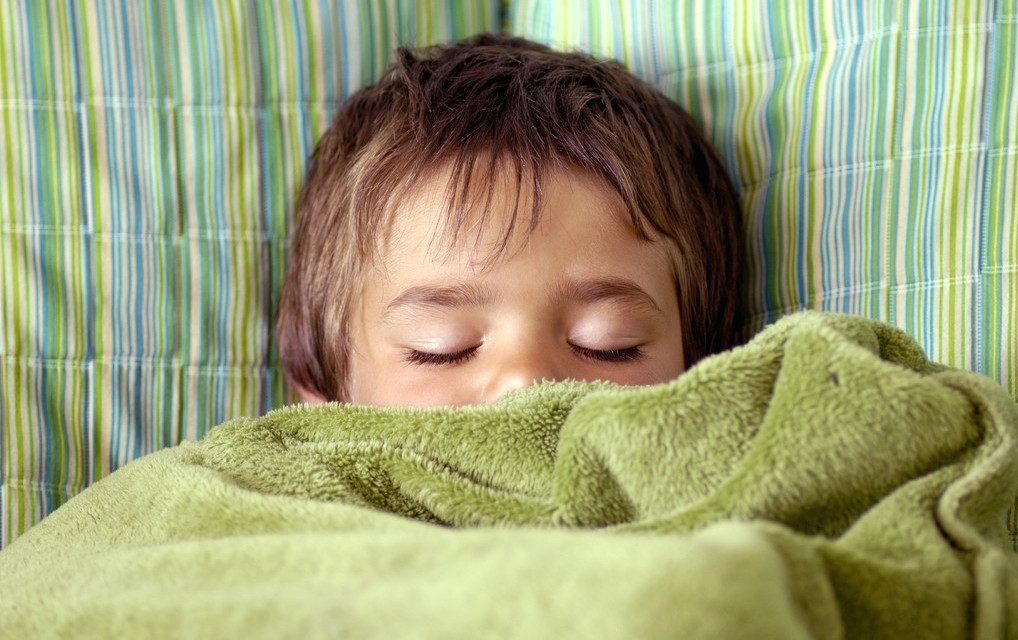Bedwetting is involuntary urination during sleep. Most children become reliably dry at night between the ages of 3 and 7. Child may need treatment if he or she continues after age 7, or starts again after 6 months or more of dry nights. If child wets the bed regularly, it is most likely to be because he or she has not yet learned bladder control; this will improve by time. Bed wetting may be caused due to immature nervous system, bladder infection, small bladder, inadequate antidiuretic hormone, constipation, epilepsy or an emotional upset such as bullying. Bed wetting tends to run in families.
Bedwetting Symptoms
- Child still wets the bed after the age of 6 or 7.
- Child suddenly starts to wet the bed after a period of being dry at night.
- Child’s urine has a strong smell or accompanied by painful urination.
- Child starts to have accidents during the day.
Home Remedies for Bedwetting
- Motivational therapy: Encourage and praise the child for staying dry instead of punishing the child when he or she wets the bed. Using techniques such as sticker charts to record progress has cure rate of up to 70%. Also, try making children responsible for their actions in a non-punitive way such as helping with the laundry, changing wet bed.
- Behavioral therapy: When feasible, wake a child every four hours to go to the bathroom to encourage them to eventually wake up on their own. The use of signal alarms can also modify behavior. It involves moisture sensing device that become activated when child begins to urinate, waking the child up to go to toilet.
- Walnut: Eat two walnut halves and 5-6 raisins before going to bed.
- Cranberry: Two hour before going to bed take six to eight oz. of cranberry juice. Cranberry has astringent, antioxidant and anti-inflammatory properties.
Do’s for Bedwetting
- Put children to bed at a regular time.
- Eat a fiber rich diet to prevent bed wetting due to constipation.
- Put child to bed earlier. Make sure he or she uses the toilet before going to bed.
- Praise and reward your child for dry nights.
- Limit the child’s liquid intake at least two hours before bedtime.
- Teach your child bladder-control exercises (kegel exercise) and techniques which may help to reduce the number of bed-wetting episodes. Each time the patient feels like urinating he must hold it for few seconds. This will stretch the bladder and the patient will be able to hold it for longer time.
- If bed wetting is caused due to any food allergens or intolerance to certain foods, eliminate it. Eliminate common allergens such as wheat, milk and citrus fruits from child’s diet for two to three weeks to see if this leads to any improvements.
Don’ts for Bedwetting
- Never punish a child for bed wetting. Explain to the child that the problem is not his or her fault.
- Do not let children become overtired in the evening and avoid exciting activities before bed.
- Don’t restrict fluids, but ask child not to drink anything within 2 or 3 hours of bedtime.
- Do not consume any form of caffeine, carbonated drinks, chocolate, or tea.
See Doctor
- Your child’s bed wetting persists despite using the measures described above.
- If a child has a fever and a burning feeling when urinating.
★★ Get our FREE Mobile app, Recommended by 90+ Doctors. Stay Healthy! ★★

I am an Adult and I have enuresis , I have been told that I have inherited it from my ancestors ,and I also have type two diabetes, when I was a child my Daddy would stick my face down in the urine and just litterly whip me with his belt , but now he is deceased! I was being abused for wetting the bed at night! And still this day and time ,I still urinate at night even though I am a grown woman !